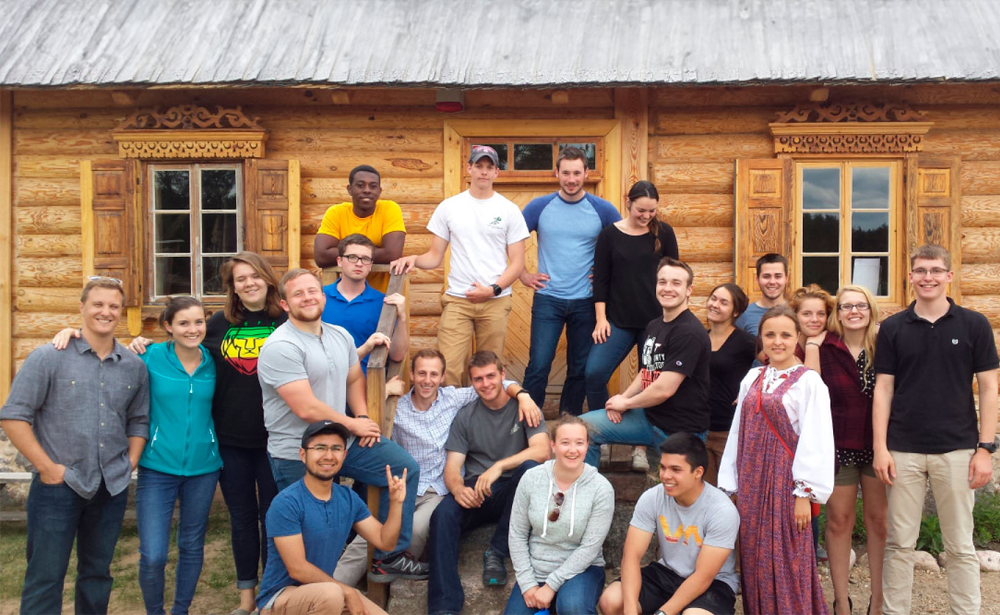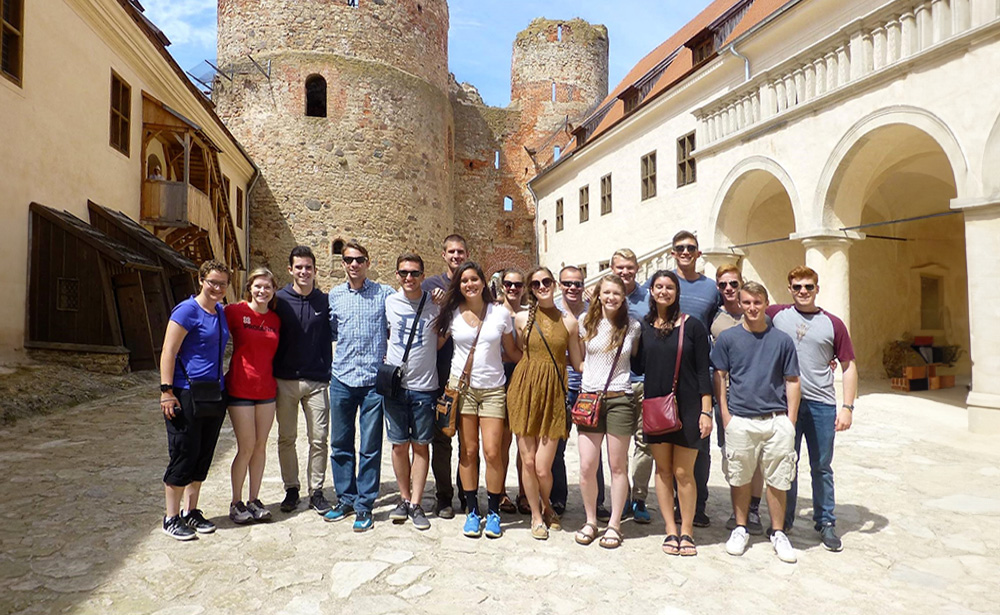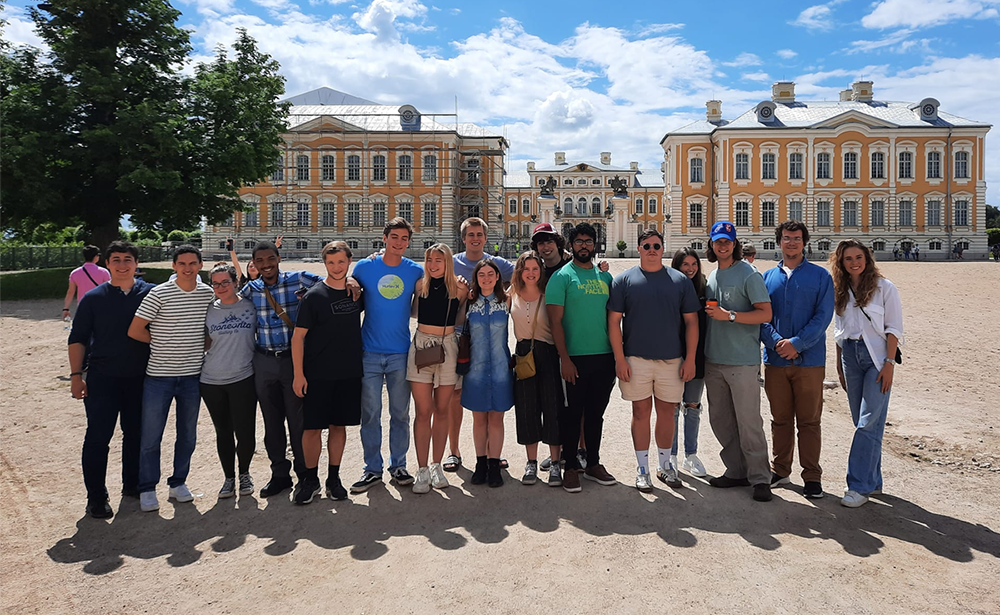Longest words in Russian
 You most probably already know now that Russian language is full of surprises: first, Cyrillic, then a challenging grammar with lots of exceptions, etc. In order to entertain you a little, we offer you an interesting task – try to read and say the longest words in Russian.
You most probably already know now that Russian language is full of surprises: first, Cyrillic, then a challenging grammar with lots of exceptions, etc. In order to entertain you a little, we offer you an interesting task – try to read and say the longest words in Russian.
According to the Guinness Book of Records published in 1993, the longest Russian word was:
- Рентгеноэлектрокардиографического (33 letters, a masculine adjective in Genitive case)
[ryen-tgye-na-e-lyek-tra-kar-deea-gra-FEE-chyes-ka-va]

It is a medical term which means “X-ray electrocardiographic” in English.
In 2003 the Guinness Book of Records published another longest word in Russian:
- Превысокомногорассмотрительствующий (35 letters, a masculine adjective)
[prye-vi-so-ka-mno-ga-ras-mat-REE-tyel’-stvoo-yoo-sheey]

This word means a polite form of address to highest rank officials in the 19th century Russia, similar to Your Majesty.
Let’s look at some more examples. According to the Dictionary of Russian Spelling, another longest word in Russian is:
- Cельскохозяйственно-машиностроительный (38 letters, a masculine adjective)
[syel’-ska-ha-ZYAYS-tvye-na-ma-shee-na-stra-ee-tyel’-niy]
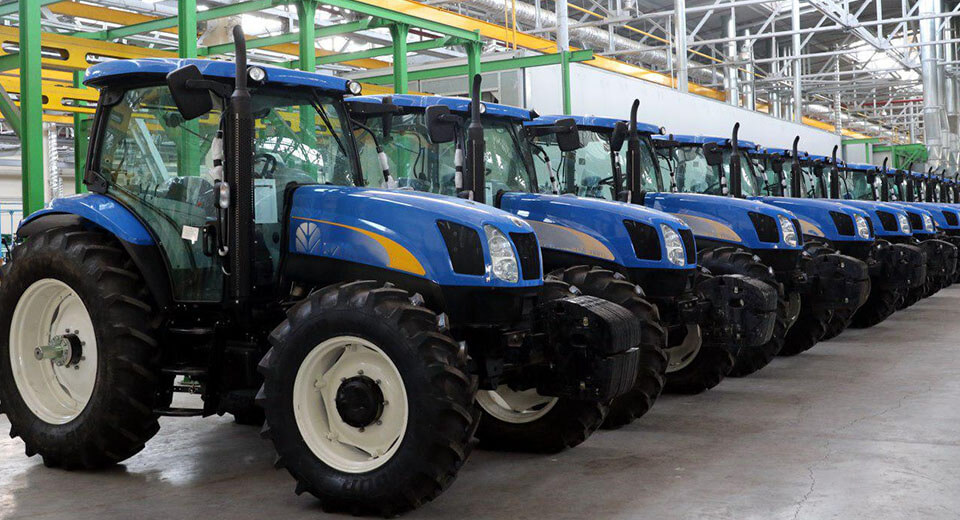
It means “agricultural machine building” in English.
Here are some more words you might find interesting:
- Водогрязеторфопарафинолечение (29 letters, a masculine noun)
[vo-da-grya-zye-tor-fa-pa-ra-fee-na-lee-CHYE-nee-ye] treatment with water, mud, peat and paraffin

- Частнопредпринимательского (26 letters, a masculine adjective)
[chas-tna-pryed-pree-nee-MA-tyel’-ska-va] owned by a businessman or an entrepreneur

- Переосвидетельствующимися (25 letters, a participle)
[pye-rye-as-vee-DYE-tyel’-stvoo-yoo-shee-mee-sya] derived from the word “reexamine”

- Субстанционализирующимися (25 letters, a participle)
[soop-stan-tsee-a-na-lee-ZEE-roo-yoo-shee-mee-sya] derived from the word “substantialize”

- Интернационализирующимися (25 letters, a participle)
[eenter-na-tsee-a-na-lee-ZEE-roo-yoo-shee-mee-sya] derived from the word “internationalize”
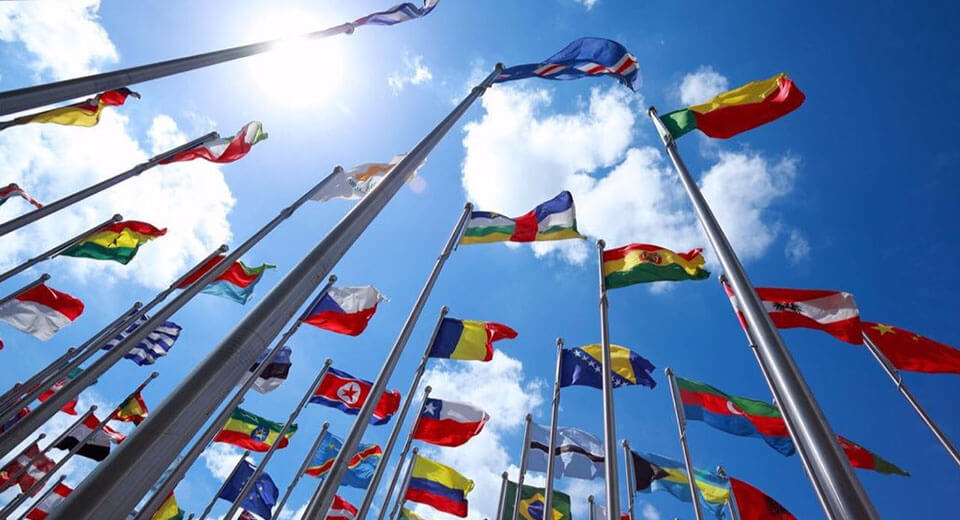
We hope you won’t get frightened of these examples of long Russian words. No need to worry! Not all Russian words are that long. However, you will most probably come across many other interesting and funny Russian words when you learn Russian language.
We’d like to ask you to share your experience about what long or interesting Russian words you have already come across? Do you know any long words in other languages?
You may be interested
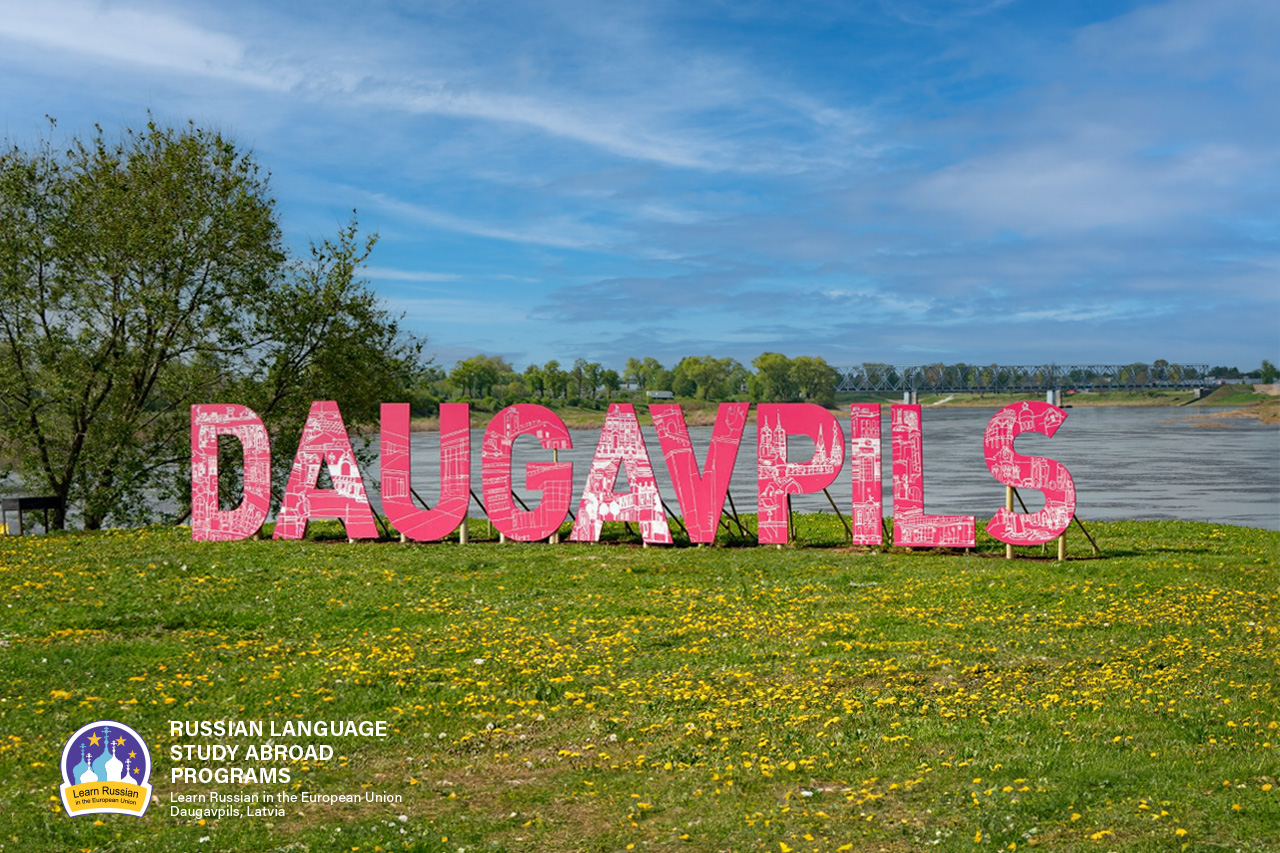
Why do people speak Russian in Daugavpils?
As it seems to us, Daugavpils is the best place to learn Russian now, because our city is situated in the EU and NATO, but at the same time 90% of the city’s population speak Russian at home.
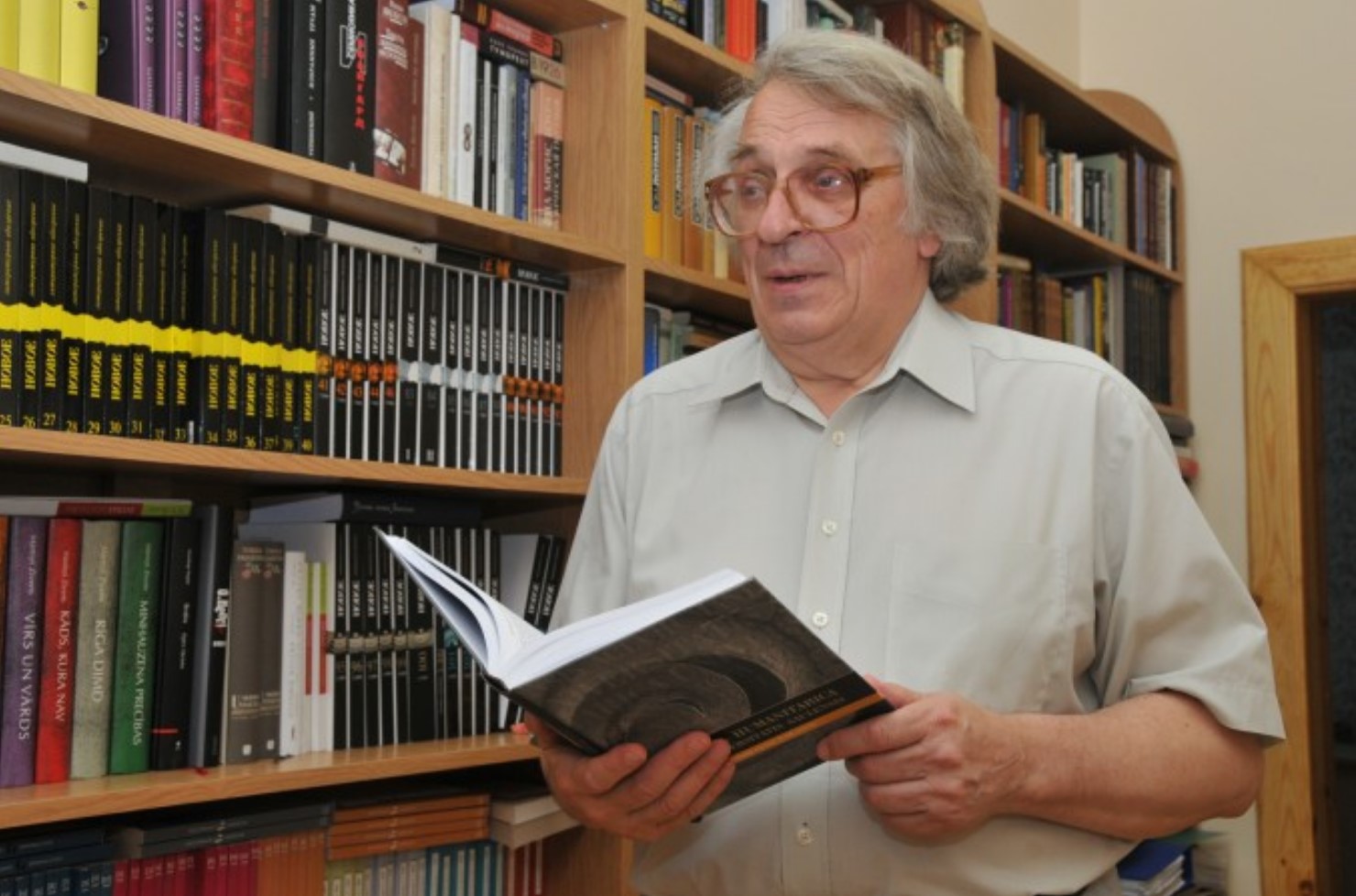
ЭТЮД О ДВИНСКЕ
Etude on Dvinsk by F.Fedorov
The Baltic region is one of the most catastrophe prone regions of the 2nd millennium, especially its second part; it is the centre of attraction of ‘geopolitical’ interests of the European world. Probably the most tragic fate has befallen to the eastern part of the present Latvia and its multi-titled town of Dinaburg – Dvinsk – Daugavpils. During its 730 years long history, the town went through five rather autonomous periods of development, five different lives (German, Polish, Russian, Latvian, Soviet), and at the beginning of the 1990s it entered into the 6th period.
The history of Dinaburg – Dvinsk – Daugavpils is the history of five attempts by the town to begin its life anew; and this is determined not only by the fact that the town was four times burned down and had to start life from scratch, but first and foremost because each of these periods was characterized by a total change of ethnos and the socio-cultural field.
The present article deals with the cultural space of the town in one of the most efficient periods of its development – from the 1860s till World War I.






